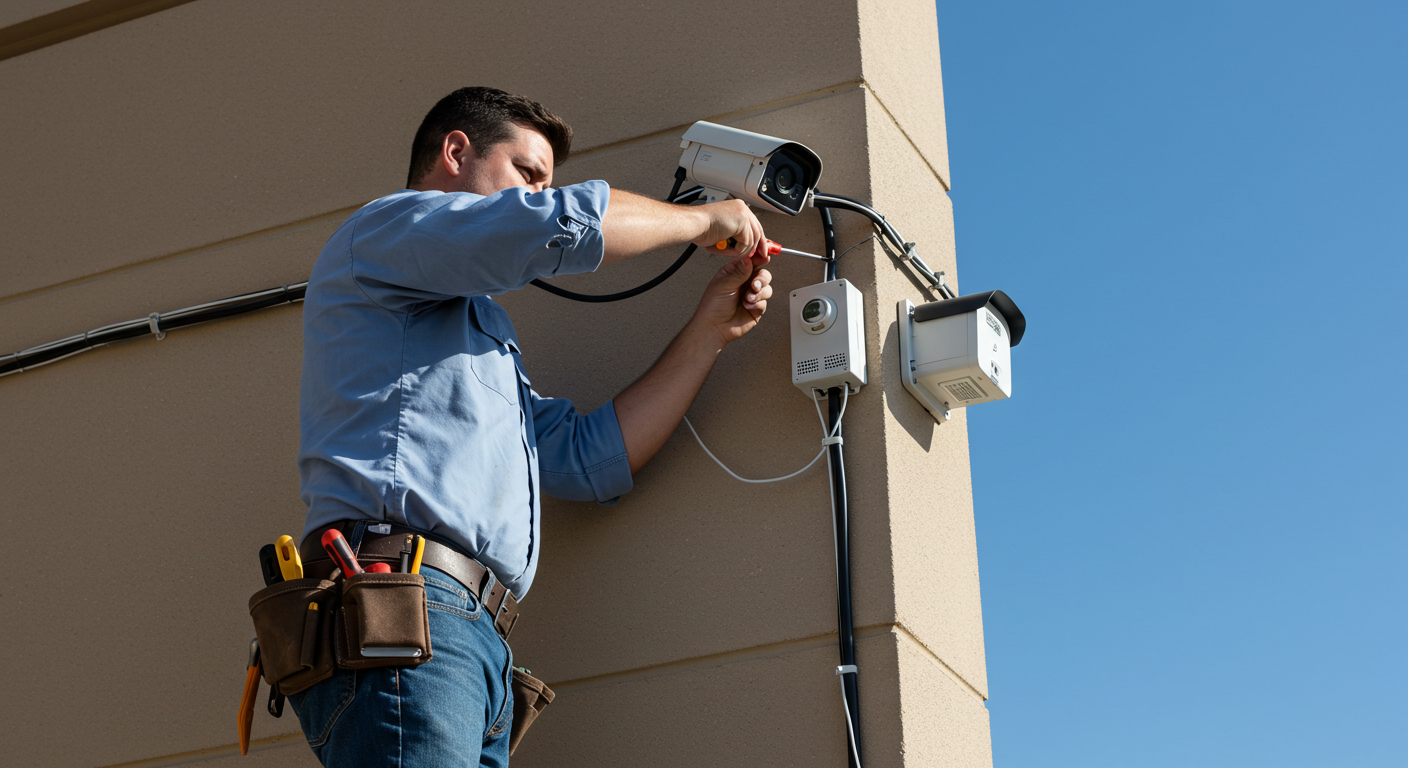“The future of sustainability lies in the choices we make today.”
For years, people have searched for greener alternatives to everyday products. From clothing to construction, the demand for eco-friendly options continues to grow. One plant has quietly taken the spotlight for its wide range of uses, hemp. With its fast growth, low need for pesticides, and ability to enrich soil, hemp is proving to be a sustainable answer for many industries. From textiles to food, it is reshaping how we look at natural resources. Businesses are even turning to hemp product wholesale to meet the rising consumer demand, showing that hemp is more than just a trend, it’s a shift in how we build a cleaner future.
The Power of Hemp in Everyday Goods
Hemp is not new. It has been used for centuries in ropes, paper, and even sails. What makes it stand out today is its versatility. It can become clothing, biodegradable plastics, skincare, or even protein-rich food. Unlike cotton, hemp requires far less water to grow. Unlike trees, it matures in months rather than years. This makes it an ideal crop for companies aiming to cut waste and reduce their environmental footprint.
Hemp in Fashion and Textiles
Clothing production has a huge impact on the planet. Cotton uses large amounts of pesticides and water. Synthetic fabrics shed harmful microplastics into oceans. Hemp, on the other hand, offers a natural alternative. It produces strong fibers that are breathable, durable, and long-lasting. Fashion brands are now creating entire lines using hemp fabric. These clothes are not only stylish but also reduce pollution. For eco-conscious buyers, this provides a guilt-free choice.
Building a Greener Home with Hemp
Hemp is also entering the construction industry. Hempcrete, a material made from hemp fibers mixed with lime, is becoming popular as a lightweight, insulating, and carbon-negative option. Homes built with hempcrete are energy-efficient and healthier for residents. Beyond walls, hemp can also replace plastics, wood, and even insulation. This shows how one crop can touch every part of daily living, offering homes that are both comfortable and environmentally friendly.
Hemp in Skincare and Nutrition
The benefits of hemp go beyond building and clothing. Hemp seeds and oil are rich in nutrients, including omega fatty acids and protein. They are becoming a staple in healthy diets and plant-based lifestyles. Hemp oil is also widely used in skincare products. It hydrates without clogging pores, so it suits a variety of skin types. With more people moving toward clean beauty and natural foods, hemp stands out as a safe and effective option.
Buying Hemp Products with Ease
What once felt like a niche market is now available to everyone. People can buy hemp products online with just a few clicks, making sustainable choices more accessible. From hemp bags to nutritional supplements, digital platforms are filled with eco-friendly hemp-based alternatives. This convenience has expanded hemp’s reach, helping it shift from being a specialty product to a household staple.
Why Businesses Are Choosing Hemp
Companies are turning to hemp for both ethical and financial reasons. It’s affordable to grow, has low resource needs, and can be harvested multiple times a year. Customers also appreciate transparency, and hemp gives businesses a chance to show responsibility toward the environment. This is why industries from cosmetics to food are investing in hemp-based products, proving that sustainability can also be profitable.
Looking Ahead: The Role of Hemp in the Future
Hemp is not just another eco-friendly material, it is shaping the future of production and consumption. Its role across industries shows its potential to replace harmful alternatives. As more businesses adopt hemp wholesale products, consumers will see even greater options at affordable prices. Hemp is not only building a greener marketplace but also helping create a cleaner, healthier planet for generations to come.
FAQs
1. Why is hemp considered eco-friendly?
Hemp grows quickly, needs little water, and doesn’t require pesticides. It even helps improve soil health, making it a highly sustainable crop.
2. Can hemp replace plastic?
Yes. Hemp fibers can be turned into biodegradable plastics that are stronger and safer for the environment compared to petroleum-based plastic.
3. Are hemp clothes comfortable?
Absolutely. Hemp fabric is breathable, softens with use, and is known for being long-lasting compared to cotton.
4. Where can I find hemp-based products?
You can easily buy hemp products online through eco-friendly retailers, marketplaces, and brand websites.
5. Is hemp the same as marijuana?
No. While they come from the same plant family, hemp contains very low levels of THC, the psychoactive compound, making it safe for daily use in clothing, food, and skincare.





